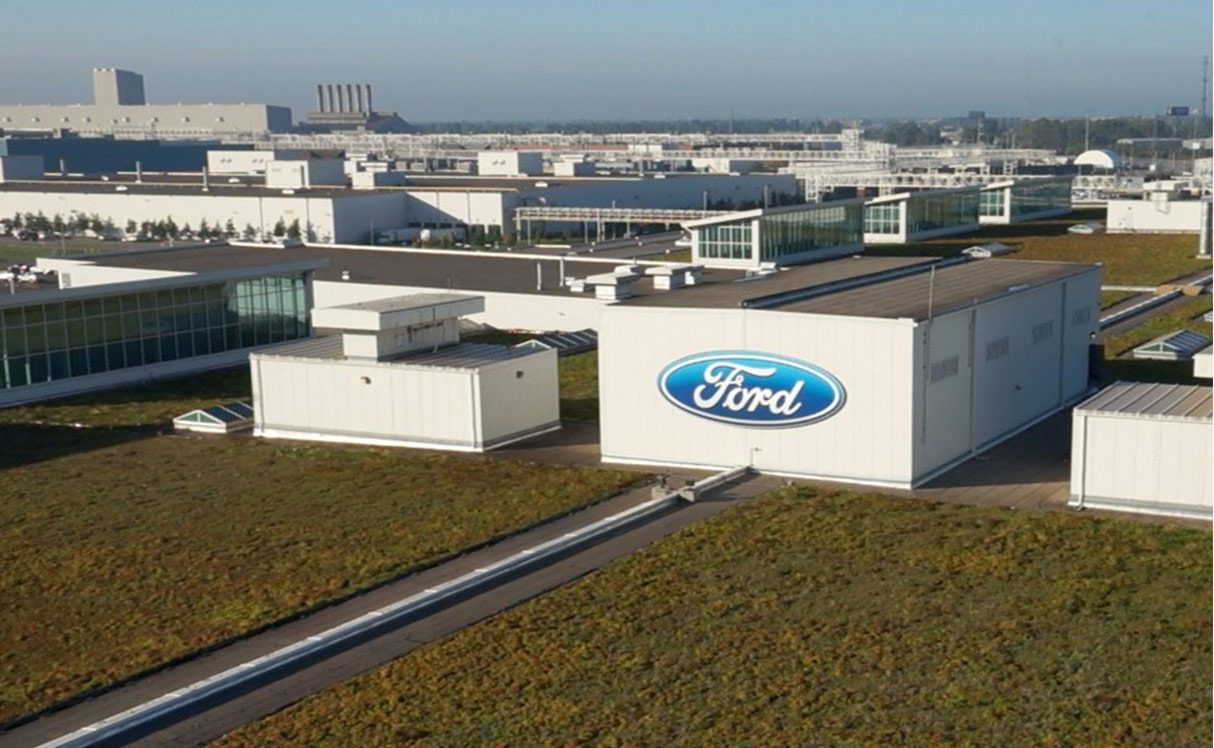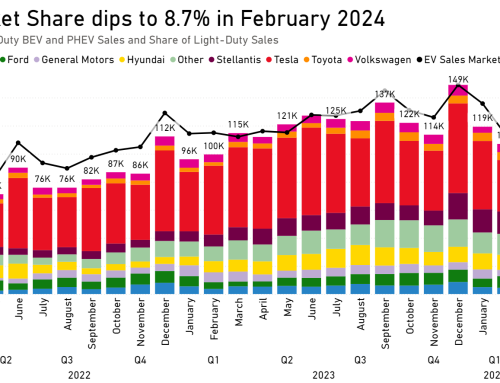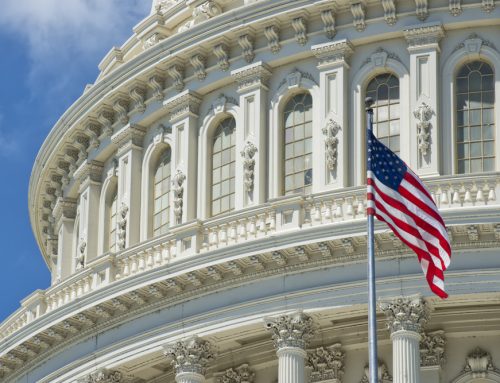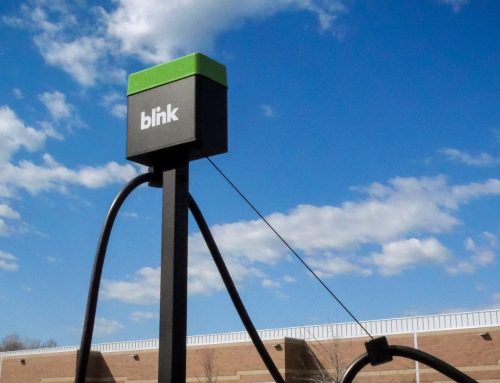
Source: Ford
Last week, the U.S. Department of Energy’s Loan Programs Office (LPO) announced a conditional commitment for a $9.2 billion loan to BlueOval SK (BOSK) for the production of EV batteries. If finalized, the commitment would represent LPO’s single largest loan to date for domestic EV battery manufacturing.
In particular, the conditional commitment loan will support the construction of three manufacturing plants for BOSK to produce battery cells for future Ford EV models in Kentucky and Tennessee. The three plants are expected to have an annual production capacity of 120 GWh and enable up to 5,000 construction jobs and 7,500 operations jobs in total. According to the press release, this project also supports the Justice40 initiative, with all three sites either in or near DOE-identified disadvantaged communities.
This loan is the most recent of a string of LPO conditional commitments through the Advanced Technology Vehicles Manufacturing (ATVM) loan program. The office has announced a total of $14.5 billion in financing commitments over the past year to bolster the domestic EV battery supply chain. These commitments represent only a small portion of the approximately $400 billion of loan authority for LPO made available by the Inflation Reduction Act (IRA), which will span across several focus areas expanding energy infrastructure. See below for issued loans EV battery production in the past year.
Redwood Materials: In February of this year, the LPO issued a conditional commitment loan of $2 billion to Redwood Materials to construct and expand a battery materials campus in McCarran, Nevada. Once it begins operations, the campus will be “the first facility to support the production of anode copper foil and cathode active materials in a fully closed-loop lithium-ion battery manufacturing process by recycling end-of-life battery and production scrap and remanufacturing that feedstock into critical materials.” This project is expected to create up to 5,000 jobs.
Rhyolite Ridge: At the start of this year, the LPO conditionally committed to loaning $700 million to Rhyolite Ridge to process lithium carbonate for EV batteries in Esmeralda County, Nevada, creating up to 600 construction jobs and 500 operations jobs.
Ultium Cells: In December 2022, the LPO closed a $2.5 billion loan to Ultium Cells, a joint venture between General Motors and LG Energy Solution, to finance three lithium-ion battery cell manufacturing plants across Ohio, Tennessee, and Michigan. This project is expected to support more than 11,000 jobs.
Syrah Technologies: Last July, the LPO closed a $102 million loan to Syrah Technologies to expand its Syrah Vidalia battery processing facility – ATVM’s first issued loan in more than a decade.
These loans support the Biden administration’s “Investing in America” agenda to expand domestic production of EV batteries and meet the goal of having at least 50 percent of new car sales be EVs by 2030. Additionally, these projects will likely help automakers and battery manufacturers qualify for IRA tax credits including the supply-side credit for advanced manufacturing production (45X) and the demand-side credit for consumers purchasing new clean vehicles (30D), further accelerating the transition to EVs.
Catalyzed by the influx of government lending and tax incentives, private sector investment in U.S. EV manufacturing has skyrocketed with $43 billion of new battery investment announced since the passage of IRA.


